|
Introductory Note Many Americans may remain unfamiliar with the Nigerian-born author Ben Okri, who now makes his home in England, but his global reading audience continues to grow even as he continues to publish commanding works in different genres. It helps as well that newspapers like The Guardian are willing to make their platform available to him and a number of universities have elected to bestow honorable doctorates upon him. As pointed out in Conversations with the World Ben Okri’s Existential Call to Creative Arms, this review of the author’s The Famished Road was previously published in the former Savannah College of Art and Design’s (SCAD) weekly newspaper known as The Georgia Guardian and in my former AXS African-American Cultural Arts column. It is presented now as part of my response to Okri’s statement regarding the construction of an “existential creativity” to combat climate change denial and inspire works of visionary transformation. A Writer’s Journey Begins Readers began to track Okri’s literary oeuvre with the publication of his first novel, Flowers and Shadows in 1980, and he kept their attention after publishing The Landscapes Within in 1981. However, it was The Famished Road , published ten years later in 1991, that won Okri the much-coveted Booker Prize for Fiction and placed him on the same literary A-list as such world-class talents as Salman Rushdie, Toni Morrison , Alice Walker, and Cormac McCarthy. The Famished Road is exceptional in its treatment of fiction as a study of both history and prophecy. Through the eyes of Okri’s child-hero, Azaro (an abbreviation of Lazarus) readers enter an African community coming to terms with that crossroads known as change. Azaro is an abiku, or “spirit-child” who has a keen eye for both the natural and the supernatural. Or, as the author put it: “The spirit-child is an unwilling adventurer into chaos and sunlight, into the dreams of the living and the dead… They all yearn to make of themselves a beautiful sacrifice, a difficult sacrifice, to bring transformation, and to die shedding light within this life… I was a spirit-child rebelling against the spirits, wanting to live the earth’s life and contradictions.” Moreover, like another boy-hero in the famed Calvin san Hobbes comic strip, he’s prone to wandering roads of the imagination which constantly lead him in body, mind, and spirit away from the safety of his parents’ protection. Although a child, Azaro’s dilemma is one easily worthy of any of Shakespeare’s great characters. His struggle to resist the pull of spirits who would lead him back into their world is equal to his battle against the more material forces of poverty, disease, and corruption. Never-ending hunger (for food as well as peace), crooked politicians handing out poisoned milk, frozen-hearted landlords and old men prone to evil make Azaro’s grip on physical reality at best, tenuous. In his love for his mother, Azaro finds reason enough to remain in the material world, though it‘s often painful to witness and endure her laments: “A woman suffers, a woman sweats, with no rest, no happiness… This life is too much for me.” His father is a fighter whose battles force him to the brink of death, but who ultimately triumphs in body and spirit. He coaxes his son back from realms of death by singing to him visions of life: “I see great happiness in our future… I see gold in your eyes. Your flesh glitters with the dust of diamonds. I see your mother as the most beautiful woman in the world.” A Heady Fictional Brew History, mythology, and social realism blend in The Famished Road to create a very heady fictional brew. By providing a portrait of his homeland during an era when oil lamps were just beginning to give way to electricity and cars beginning to claim the road over bicycles, Okri created a parable on change relevant not only to Africa but to the world at large. His work poses very serious questions for the twenty-first century. Among them: To what extent will we allow the indefinable dynamics of something called “destiny” to maintain grief and horror in the world? How hard are human beings willing to fight to achieve and sustain justice, equanimity, or joy? And should progress be called such when it devours what is best within the human spirit? Okri’s prose is sometimes indistinguishable from poetry and the fact that he strikes a masterful balance between the two for a full 500 pages is a small miracle of aesthetic creativity. Readers discovering his work for the first time are often astonished at the skill with which that poetic perspective flows between the material and the spiritual. In an interview for the Current Authors book series, Okri once explained that in Nigeria: “This is just the way the world is seen… the ancestors are still part of the living community and there are innumerable gradations of reality, and so on. It’s quite simple and straightforward… a kind of realism, but a realism with many more dimensions.”
|
| | |
| | |
Mother and Daughter Together
As such, she did the kinds of things caregivers tend to do when committed to ensuring as high a quality of life as they can for someone they love: setting aside a thermos of hot coffee at night to share with Flannery in the morning, running a farm to secure an income, tolerating the droppings and cries of beautiful but annoying peacocks, traveling abroad with her daughter even when she herself was ill, and standing guard at her hospital room door to ensure a chance at rest and possible recovery.
| | |
In Praise of Those Who Wait
Then, approached by an editor in 2003 about a biography on O’Connor, it clearly was not an offer he could refuse. A dream which had been deferred for more than two decades finally saw the light of day in 2009 and by most accounts it was very much worth the wait.
Author
Aberjhani is co-author of Encyclopedia of the Harlem Renaissance as well as author of Dreams of the Immortal City Savannah and Greeting Flannery O'Connor at the Back Door of My Mind.
| | |
Floating along: A Review Essay on Duncan McNaughton’s Somewhere in the Stream (part 2 of 2)
11/26/2019
If you missed part 1 of this post and want to check it out please click here. Part 2 begins now:
McNaughton's nods to the late "Imaginary Man of Las Cruces," poet Nicanor Parra, in the poems "¿ENTONCES QUÉ?" and "(COLIN CHRISTOPHER" (open parentheses per original) should not surprise anyone. Given the company his pen has kept over the decades, it would be too much of a stretch to say he and Parra share the same antipoetic approach to their craft. There nevertheless are similarities which reveal a kinship between their aesthetic instincts. The humor employed by both poets at times oscillates between comic hilarity and nightmare darkness. It can assume the form of thinly-disguised self-deprecation or more overtly-poised social and political satire.
If Parra's is a poetry of anguished laughter and mournful tears as some have suggested, then it may be McNaughton's is an equally intense but more restrained verse of amused hopeful smiles and astonished frowns. Both employ a minimum of embellishments to achieve maximum provocation. Both balance ironic incongruities with subtle personal resolve in a manner similar to the way jazz musicians utilize highly-charged counter-rhythms to produce captivating performances. Both, as Parra put it, incorporate "the hideousness and the beauty of the world" (Marie-Lise Gazarian Gautier, Interviews with Latin American Writers, 1989). Therefore, naked pain and uncertain joy play crucial roles in rendering disturbing truths aimed at disrupting, or reclaiming, different kinds of power.
The narrator of "CHILDHOOD + YOUTH" laments, via "figures of speech," wars of different kinds which have never ended, and, numerous bridges burned while waging them. He finds his understanding of these interior and exterior traumas challenged by doubt, but then reaffirmed by an authoritative witness who knows what it means to survive unnerving cycles of destruction and rebirth. Taking a trip "to David Highsmith's furniture store," he buys a copy of Hector France's Musk, Hashish and Blood:
"...Then I went to my place
to read the story and smoke hashish and
drink whisky and set another bridge ablaze.
Standing on it I met Virgil. You know, I said
I thought all those figures of speech you used
were real figures of speech. They are, he said.
Pay no attention to fools. Here, come with me.
I have a bridge to see to, and I wouldn't
mind some company. Bring your strike anywheres."
|
|
|
Such healing, empowering, and time-bending solidarity can only come with dedicated practices of remembrance and recognition, among the hallmarks of McNaughton's extensive oeuvre. As the late writer Benjamin Hollander put it in "The Pants of Time," his definitive review of TINY WINDOWS, "McNaughton’s work achieves a testament of personal observation embedded in a trans-historical tendance of the imagination." Moreover: "He discovers history for himself anew..." (Boston Review, June 5, 2015).
He also increases its capacity for simultaneously preserving autobiographical identity and expanding notions of community to accommodate kindred spirits occupying physical and non-physical forms. Thus the poem "AS EFFECT AN ECHO" is less an elegy in which McNaughton bids farewell to Hollander than it is the written continuation of a relationship:
"The back door hammer clubbed my friend, the Jew,
Ben Hollander. I can't part from Ben. They
say one must part who don't understand the heart
of the friend, it knows something else, something
about containment, about the stars at night,
about the heart that contains them..."
The stars in the heart comprise the sweet substance of enduring friendships, or alliances, and even less-binding associations, which take on a kind of sacredness for the way they inform and sustain each other’s' personalities. They reject the insanity proposed by stars as symbols of genocide sewn onto the clothes of Hollander's ancestors in Nazi concentration camps as they do all restrictions placed on basic human freedoms and civility.
|
|
|
'The World's Suppositions of Poetry'
In "OLD SOCKS" our narrator confronts the reality of mortality and what it has meant within the context of life lived up to this point. While wrestling with "my very own tangle/ of being," the poet reflects on successions of wars which have threatened the innate integrity of that being. In contrast, friendship has helped guard against the threat by reinforcing the front lines of self:
"...So I have Bill's
back-up for my opinion of Hobbyhook,
Bill's authority, his knowing smile, his
eye twinkle. Queer, how this poem has turned
into Bill's hats. Bill's ears. Tells you something
about how little truth matters when it
comes to trust. Oceans come, oceans go, they
used to say, fishing for flounder, floundering
they called it, they still do, obviously..."
Whether writing autobiographically or assuming the voice of another seems less important than the invitation to celebrate shared histories, friendships, lives, knowledge, acts of compassion, or acts of remembrance. These endow life with a quality of being which--despite media glamorizations of artificial presences in a world where such creations too often diminish capacities for actual thinking or organic human interaction--seem to lose more value by the day. Likewise, different literary strategies may have their irrefutable uses and powers, but in the end they too are floating along with everything else Somewhere in the Stream of discoveries and encounters as we navigate shifting currents, or dodge the increasing fury of hurricanes, and hold on for the sake of poetry and each other.
Aberjhani
author of Dreams of the Immortal City Savannah
co-author of Encyclopedia of the Harlem Renaissance
November 2019
|
|
|
|
|
|
Jisheng's account as presented to us in the English-language edition of Tombstone is a single-volume 629-page condensed version of the original Chinese-language 1,200-page 2-volume set first published in Hong Kong a decade ago. There's no need to question what may or may not have been lost in translation because Jisheng provided so much fact-based data with which to work in the original publication.
Moreover, Tombstone is much more than just a triumph of historical writing. It represents in many ways the triumph of a movement to shed light on "the worst famine in human history." As an integral part of that movement: "Yang got people who experienced the famine to describe it in their own words. He found local journalists who'd witnessed and reported on murders and starvation and got them to write their memoirs. He located and interviewed local implementers of the fatal policies. He got surviving resisters to recount their experiences" (pp. X-XI).
|
|
|
Magnitude of the Horror
|
|
|
"Now we knew that it was a man-made disaster that had caused tens of millions of people to starve to death... In my effort to shake off deception, I came to understand the social background of my father's death and to reflect more profoundly on his life..." (pp. 11-12).
That "deception" has remained hard for a lot of Chinese to shake off in part because of many official's refusal to acknowledge the famine for what it was and insist on referring to it in such euphemistic terms as "the three years of natural disaster," or "the years of difficulties." Another seems to be to avoid the appearance of discrediting the legacy of People's Republic of China founder Zedong.
|
|
|
Double Objectives
Jisheng's objective as a journalist is to share awareness of an event which it would seem impossible for the entire world not to know about already, but which it appears relatively few actually do. As a human being and the son of foster-parents who gave all they had to raise him and support his education goals, he is determined to honor those parents and the dozens of millions who lost their lives to the famine. Therefore, the title selected for the book: "A tombstone is a memory made concrete." (p. 3)
|
|
|
The result his investigative labors is indispensible documentation of officials' motives for allowing the tragedy to occur; and, how many hypocritically gorged themselves on the good life while entire villages literally starved to death. Yet such documentation is balanced with reports difficult to read for a very different reason. In short, Jisheng does not censor the stories of people describing acts of cannibalism which they either witnessed or committed themselves.
We learn about: people in villages who wait for strangers to come along so they can kill and eat them, an adolescent sister who kills and eats her younger brother after their parents have died, people who wait a few hours after funerals so they can dig up corpses and consume them. These and other actions seem too extreme to believe they really occurred in a civilized nation. But we are aware now that they did. Some people even describe which parts of the human body they found most delectable.
If you're a fan of the movie Bone Tomahawk, starring Kurt Russell, Lili Simmons, and Patrick Wilson, and you did not flinch watching the scene where "Troglodytes" split a man in half to eat him, then the above accounts of cannibalism might not bother you too much. Anyone who did flinch, throw up, scream, or faint, can empathize to some meaningful degree with those who survived the horror of the Great Famine and with Jisheng's determination to tell their collective story.
|
|
|
The Record of This Particular Memory
Aberjhani
author of Dreams of the Immortal City Savannah
co-author of Encyclopedia of the Harlem Renaissance
|
|
|
Biography Presents Compelling Portrait of Life, Times, and Mind of Jean-Paul Sartre (part 2 of 2)
7/11/2017
To read part 1 of this article please click here.
In this, he was much more a world citizen, or internationalist, than a nationalist. Cohen-Solal demonstrates as much through accounts of his physical and psychic immersion into different cultural and political environments as a traveler, and through applied adjustments of his literary focus as an engaged philosopher. Referring to the aftermath of a 1945 trip to the United States:
“What Is Literature?, Anti-Semite and Jew, The Respectful Prostitute, these are some of Sartre’s works that in the months to come, deal with the reality he has discovered in America. His recent awareness of the black problem [Jim Crow racism] is enhanced by his friendship with the American writer Richard Wright, whose autobiographical novel, Black Boy, was published in March 1945” (Cohen-Solal, p. 242).
And, as philosopher and social justice advocate Cornel West points out in his introduction to the biography, despite any criticisms of the man:
“Sartre will always be remembered as the most visible and influential European intellectual who put a limelight on the struggles against U.S. and French imperialism in Africa and Asia and against white supremacy in the United Sates. This is no small matter and it took great courage to do so. His support of freedom struggles in Morocco, Algeria, Vietnam, Cuba, South Africa, and the United States—regardless of the outcomes that resulted—was heroic” (West, p. xviii).
In Closing
Author-Artist
Aberjhani is an American poet, historian, essayist, editor, journalist, social critic, and cautious artist. His many honors include the Choice Academic Title of the Year Award, the Notable Book of the Year Award, Outstanding Journalist Award, and Poet of the Year Award. He is currently completing final edits on a work of creative nonfiction about the cultural arts, race relations, immigration, and human trafficking in his hometown of Savannah, Georgia.
Archives
November 2023
June 2023
February 2023
December 2022
June 2022
February 2022
November 2021
September 2021
April 2021
March 2021
December 2019
November 2019
June 2019
May 2019
March 2019
January 2019
October 2017
July 2017
August 2012
Categories
All
1950s
1960s
2022 Russia Ukraine War
20th Century Authors
21st Century Artists
21st Century Authors
21st Century Poets
Aberjhani
Aberjhani Observance Of National Poetry Month
Aberjhani On Aurie Cole
Aberjhani On Brad Gooch
Aberjhani On Chinese Famine
Aberjhani On Dick Gregory
Aberjhani On Duncan McNaughton
Aberjhani On Eugene Talmadge
Aberjhani On Flannery O'Connor
Aberjhani On Immigration
Aberjhani On Jean-Paul Sartre
Aberjhani On Mao Zedong
Aberjhani On Mark Morneweg
Aberjhani On Maya Angelou
Aberjhani On Otis S. Johnson
Aberjhani On Paul Laurence Dunbar
Aberjhani On PT Armstrong
Aberjhani On Russia Ukraine Was
Aberjhani On Savannah Georgia
Aberjhani On Savannah-Georgia
Aberjhani On Yang Jisheng
Adapting Books For Film
Africa
African American Authors
African-American Authors
African-American Comics
African American History Month
African American Men
African-American Men
African Americans
African Americans Abroad
African Americans In Japan
African Americans Living Outside America
African American Writers In Savannah GA
African Diaspora
African Engineers
African Writers
AI Literary Chat Salon
Alice Walker
Amanda Gorman
American Artists
American Authors
American Civil War
American PEN Video
Andrew Davidson
Angel Art
Angel Lore
Angel Meme
Angel Of War And The Year 2022
Angelology
Annie Cohen-Solal
Antiracism
Archangel Michael
Art By Aberjhani
Art By Christia Cummings-Slack
Artist-Author Aberjhani
Artist James Russell May
Artist Marcus Kenney
Asian Authors
Audio Podcast
Aurie Cole
Author Brad Gooch
Author Connie Zweig
Author Franklin D. Lewis
Author Interview
Author Mark Morneweg
Author Poet Aberjhani Official Site
Author-Poet Aberjhani - Official Site
Authors
Authors From Savannah Georgia
Ava DuVernay
Benjamin Hollander
Benjamin Van Clark Neighborhood
Ben Okri
Ben Okri Videos
Best Interviews Of 2023
Bill Berkson
Biography
Biracial Relationships
Biracial Women
Black History Month
Black Men Who Write
Black Movie Directors
Black Women Authors
Blogs By Aberjhani
Booker Prize For Literature
Booker Prize Winners
Book Industry
Book Publishing
Book Reviews
Book Reviews By Aberjhani
Books
Books About Rumi
Books About Savannah-Georgia
Books About Sufism
Books And Authors
Books By Aurie Cole
Books By Darrell Gartrell
Books By Flannery O'Connor
Books By Patricia Ann West
Books By PT Armstrong
Books By Robert T.S. Mickles Sr.
Books By Rotimi Ogunjobi
Books On Flannery O'Connor
Brad Gooch
Brad Gooch Audio Podcast
Brunswick Georgia
Canadian Authors
Canadian Novelists
Carlos Ruiz Zafon
Caste The Origins Of Our Discontents
Celebrity Authors
Children's Literature
Chinese Authors
Chinese History
Christia Cummings-Slack
Christina Cummings-Slack
Christine Cummings
Classic Authors
Connie Zweig
Contemporary African Literature
Contemporary African Writers
Contemporary Artists
Contemporary Authors
Contemporary Canadian Authors
Contemporary Literature
Contemporary Southern Literature
Cormac Mccarthy
Cornel West
Creative Nonfiction
Creative Thinkers
Cultural Demographics
Cultural Heritage
David Gordon Green
Dick Gregory Videos
Digital Publishing
Director Regina King
Director Steve McQueen
Doctorate In Literature
Dreams Of The Immortal City Savannah Book By Aberjhani
Duncan McNaughton
Ebooks
Education
El Portal Press
English As A Second Language
English Learning Students
Essay On 21 Years Of Wisdom
Essays By Aberjhani
Essays On Ben Okri
Essays On Duncan McNaughton
Essays On Flannery O'Connor
Essays On Immigration
Eugene Talmadge
Eugene Talmadge Memorial Bridge
Evolving Cultures
Existential Creativity
Existentialism
Fall Of The Rebel Angels
Famous Women Artists
Fiction
Filming Movies In Savannah-Georgia
Flannery O'Connor
French Authors
French Literature
Genre Bending Literature
Genre-bending Literature
Global Community
Grandmothers
Great Sufi Poets
Greeting Flannery O'Connor At The Back Door Of Mind Book By Aberjhani
Gullah Geechee Culture
Gustave Flaubert
Halloween's End
Hector France
Historical Fiction
Historical Poetry
History
History Of Civil Rights Movement
History Of Famines
History Of Literature
History Of Racism
Human Cannibalism
Iconic Authors
Immigrant Experience
Immigration Policies
Influential Authors
International Authors
International Poets
Interracial Relationships
Interview
Isabel Wilkerson
Jalal Al-Din Mohammad Balkhi
Jalal Al Din Mohammad Rumi
Jalal Al-Din Mohammad Rumi
James Joyce
Jean Genet
Jean-Paul Sartre
Jelaluddin Rumi
Jim Crow Racism
Lady Gaga
Latino Ficiton
Leadership Philosophy
Leadership Theory
Life And Legacy Of Dick Gregory
Life And Legacy Of Flannery O'Connor
Lillian Gregory
Literary Biographies
Literary Community
Literary Criticism
Literary Essays
Literary Friendships
Literary History
Literary Honors
Literary Influencers
Literary Influences
Literary Legacies Of The South
Literary Prizes
Literary Traditions
Literary Translations
Literature Of Immigration
Luca Giordano
Memoir
Memoir By Darrell Gartrell
Michal Majernik
Movie Sets
Mythology
National Poetry Month
Naturalism Fiction
New Orleans
Nicanor Parra
Nigerian Authors
Nigerian Literature
Nigger By Dick Gregory
Nobel Laureates
Nonfiction
Novels
Official Site For Author Poet Aberjhani
Official Site For Author-Poet Aberjhani
Official Website Of Author Poet Aberjhani
Official Website Of Author-Poet Aberjhani
Oklahoma City
Oprah Winfrey
Patricia Ann West
PEN America
PEN International
Philosophy
Podcast On Literature
Poems About Savannah-Georgia
Poems By Patricia Ann West
Poetry
Poetry By Aurie Cole
Poetry By Duncan McNaughton
Poets Against War
Poets From
Poets From Afghanistan
Poets From Boston
Poets From Savannah Georgia
Poets From Savannah-Georgia
Poets On War
Political Activism
Political Biographies
Political Strategies
Political Theories
Postered Poetics Art By Aberjhani
Predatory Gentrification
Preventing Erasures Of History
Prose And Poetry
Prose Poem
Public Intellectuals
Public School System
Publishers
Publishing
Publishing Options
Putin Attacks Ukraine
Q&A With Author
QOTD Quote Of The Day
Quentin Tarantino
Quotations
Quotes By Dick Gregory
Quotes By Flannery O'Connor
Quotes By Mark Morneweg
Race In America
Race In Japan
Racism In Georgia
Racism In Savannah
Racism In The United States
Reiki Master
Richard Wright
Rotimi Ogunjobi
Rumi's Birthday
Russian Invasion Of Ukraine
Russia Ukraine Conflict 2022
Russia Ukraine Video
Russia Ukraine War
Salman Rushdie
Sandfly In Savannah Georgia
San Francisco Poets
Savannah College Of Art And Design Graduates
Savannah Georgia
Savannah-Georgia
Savannah River
Savannah State University
SCAD Graduates
Singer Sade
Social Activism
Social Realism
Somewhere In The Stream By Duncan McNaughton
South Carolina
Southern Legacies
Spike Lee
Spiritual Counseling
Spirituality
Starvation
Still Water Words
Sufi Literature
Talks Between My Pen And Muse
Teachable Take-Aways
Text And Meaning Series By Aberjhani
The American Poet Who Went Home Again
The Angel's Game
The Famished Road
The Gargoyle By Andrew Davidson
The River Of Winged Dreams
The Word "Nigger"
Toni Morrison
Transgression Fiction
Transgression Literature
Transgressive Literature
Tribute To Dick Gregory
Ukraine Russia Crisis 2022
Video
Video Podcast
Video Poem
Videos About Rumi
Videos On Literature
Wakanda Forever
War And Peace
William Anderson
Wisdom21
Women Artists
Women Authors
Women Poets
Women's Voices
World Community
World History
World Poetry Day
Writers And Writing
Xenophobia
Yang Jisheng
Year 2022 In Review
Yoko Ono
YouTube Videos
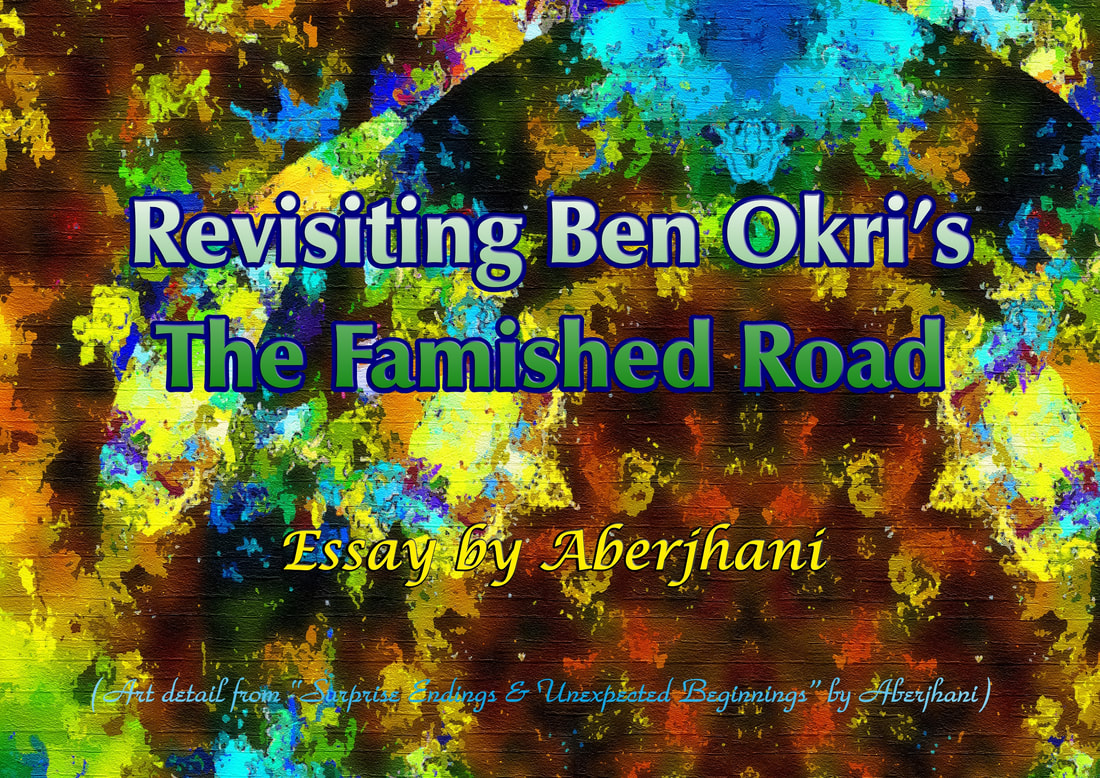
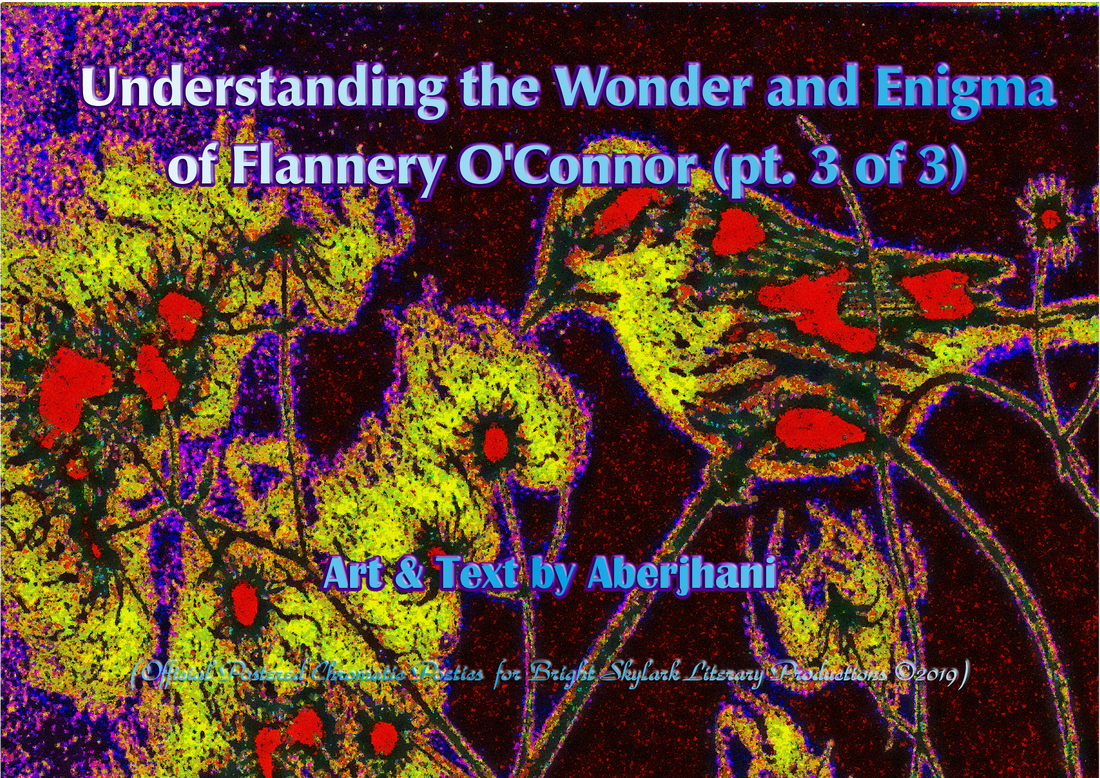
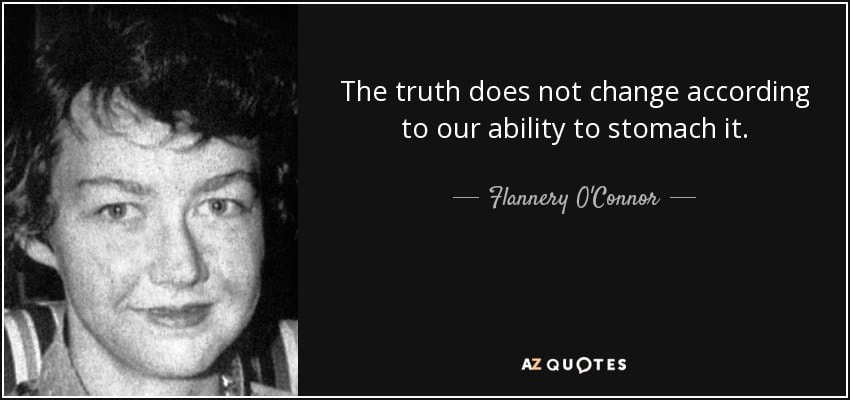
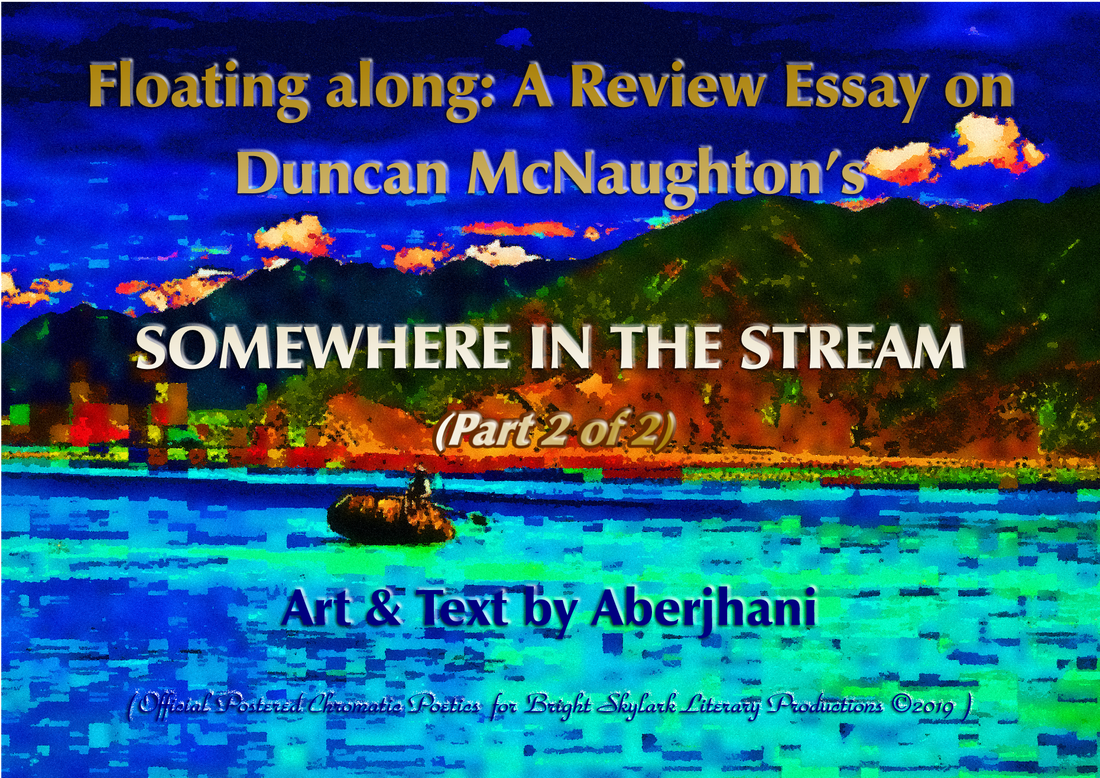
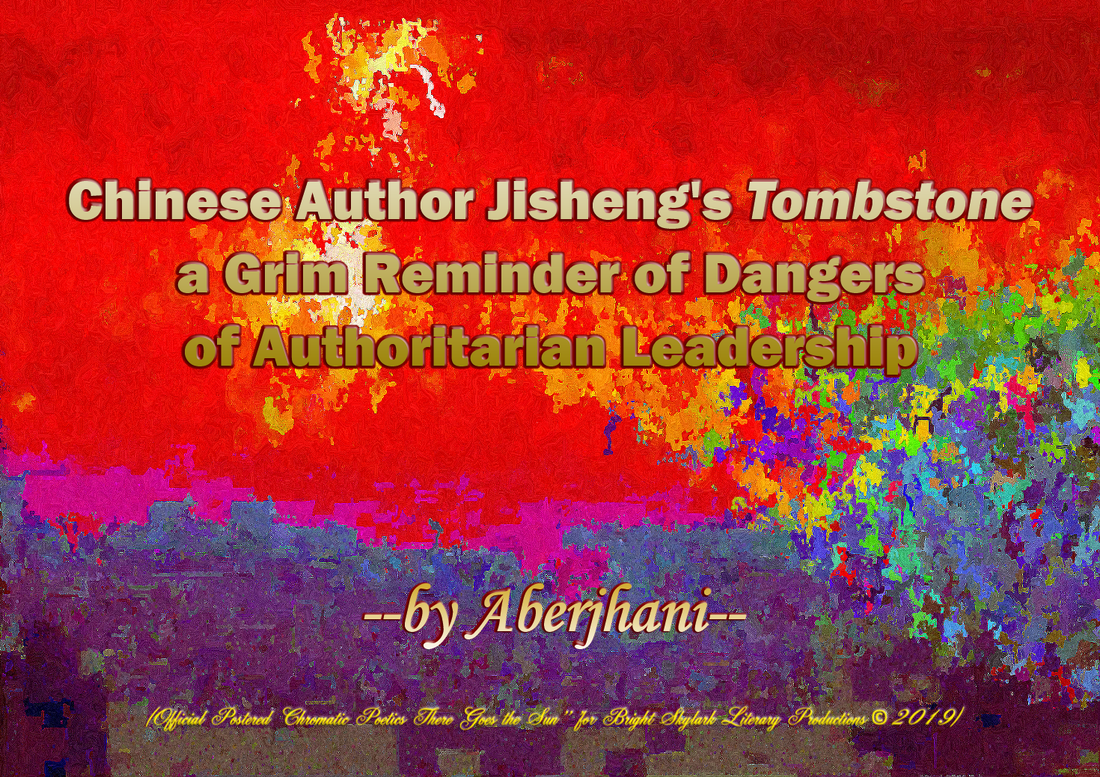
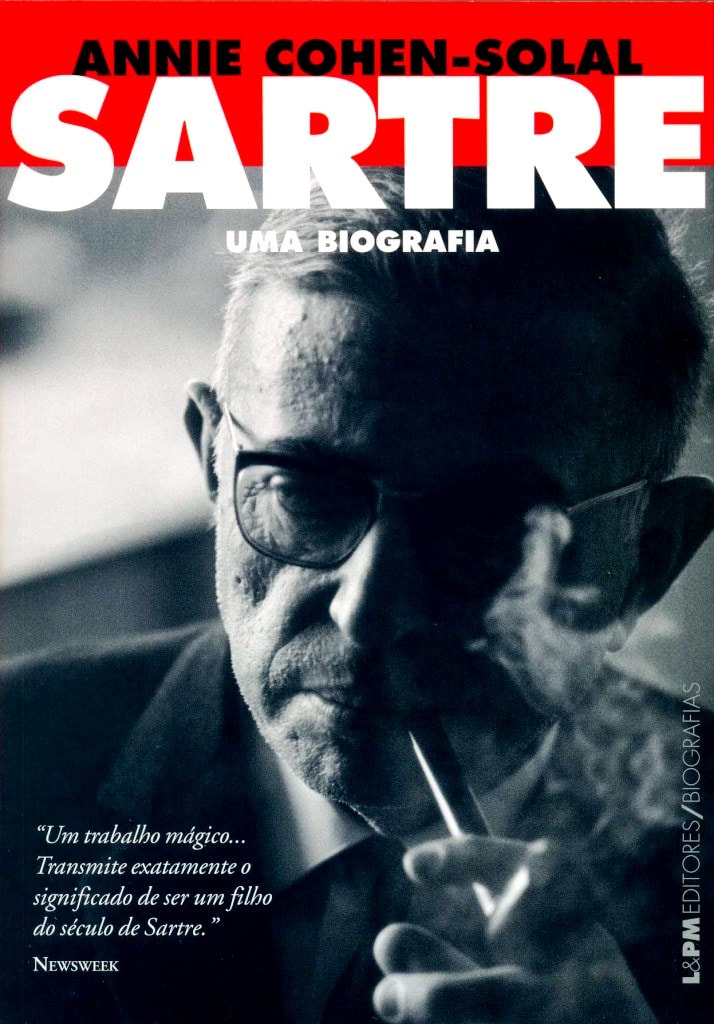
 RSS Feed
RSS Feed